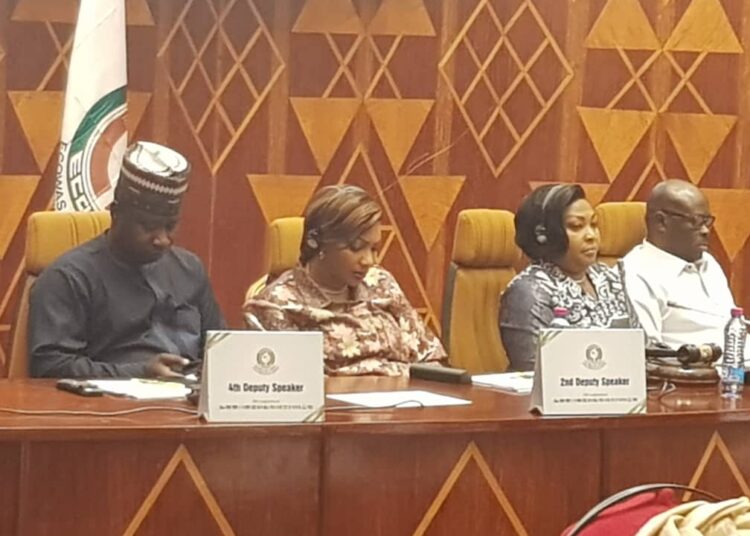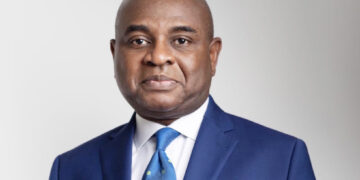The Parliament of the Economic Community of West African States (ECOWAS Parliament) has again expressed worries over the seeming reluctance of Burkina Faso, Mali and Niger Republic to return to ECOWAS despite the massive entreaties from leaders of the regional bloc.
Speaker of the ECOWAS Parliament, Rt. Hon. Memounatou Ibrahima, disclosed this on Wednesday during the induction training for members of the 6th Legislature at the ongoing 2024 Third Extraordinary Session and Second Parliamentary Seminar of the ECOWAS Parliament in Lome, Togo.
The Speaker noted that the three countries, which announced their exit from the 15-member ECOWAS in January 2024, following disagreements over military takeover of governments in the three countries, have not responded to calls for their return to the region’s most important organisation.
“We have taken a lot of initiatives at the level of the ECOWAS Authority of Heads of State and Government, Council of Ministers and at all levels. We have written to the three countries but they have not responded,” the Speaker said, adding that West African leaders will continue to reach out to them for reconciliation.
A member of the Parliament, Hon. Shiaka Musa Sama, from Sierra Leone had raised concerns over the continued absence of the three countries and the implications for the citizens of the countries even as he called for more efforts to reconcile with the estranged countries and bring them back to the fold.
The trio under military governments announced their intention to quit ECOWAS after the body threatened to invade Niger Republic, following the overthrow of the democratically elected President Mohamed Bazoum by the junta led by Gen. Abdourahamane Tchiani in a coup in July last year.
Prior to the coup in Niger, Burkina Faso’s military had also deposed the democratic government of Mac Christian Kabore, while in Mali, Col Assimi Goita had ousted the democratic government of Boubakar Keita.
The ECOWAS had imposed sanctions on the three countries, but it was perhaps the threat of military intervention to restore democracy in Niger by ECOWAS forces that irritated the juntas.
The military leaders have in recent times taken actions that seemed to have alienated them further from ECOWAS. They held their first joint summit in July in the Nigerien capital of Niamey, where they announced a confederation of three Sahel states and adopted a joint statement for a treaty to set up the confederation.
“This summit marks a decisive step for the future of our common space. Together, we will consolidate the foundations of our true independence, a guarantee of true peace and sustainable development through the creation of the ‘Alliance of Sahel States’ Confederation,’” Capt. Ibrahim Traore, the leader of Burkina Faso, wrote on X.
“The AES (Alliance of Sahel States) is full of enormous natural potential which, if properly exploited, will guarantee a better future for the people of Niger, Mali and Burkina Faso,” Traore added.
Earlier this September, the three leaders said they would introduce new biometric passports as part of their withdrawal from ECOWAS in favour of a new Sahelian alliance.
Also in September, Burkina Faso had threatened to launch new passports without the ECOWAS logo.
“In the coming days, a new biometric passport of the AES (Alliance of Sahel States) will be put into circulation with the aim of harmonising travel documents in our common area and facilitating the mobility of our citizens throughout the world,” the Malian junta leader Assimi Goita had announced.
We’ve got the edge. Get real-time reports, breaking scoops, and exclusive angles delivered straight to your phone. Don’t settle for stale news. Join LEADERSHIP NEWS on WhatsApp for 24/7 updates →
Join Our WhatsApp Channel











